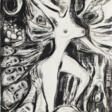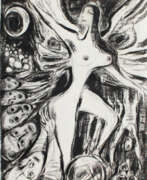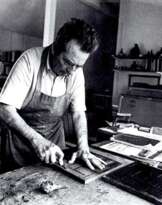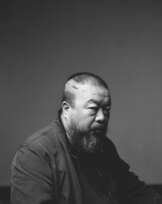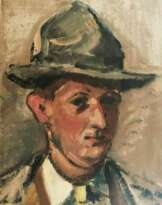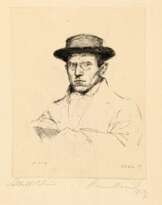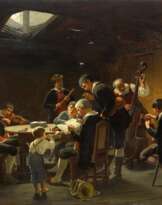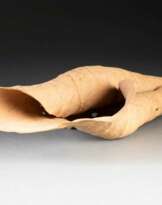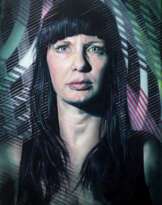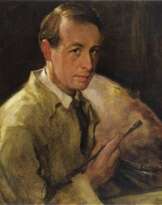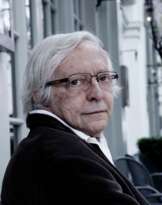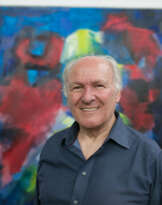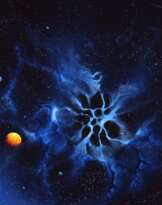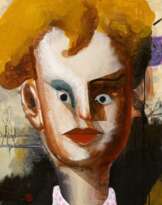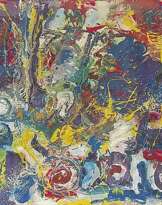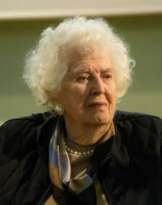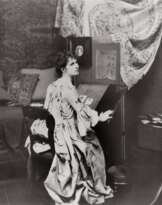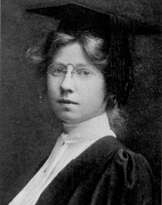Albert Birkle (1900 - 1986)
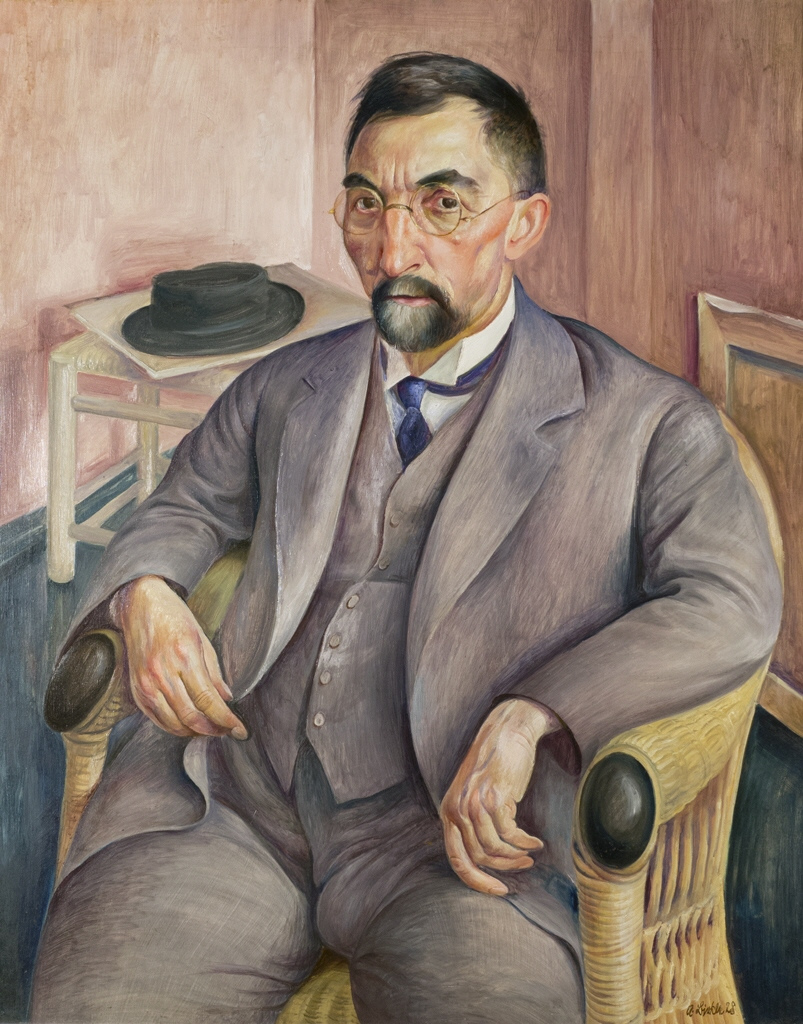
Albert Birkle
Albert Birkle was a German and Austrian painter, decorator, muralist and glass painter.
Albert's father was the artist Karl Birkle, from whom he received his initial training as a decorative painter, then studied at the Hochschule für die bildenden Künste (now the Berlin University of the Arts). Birkle developed a unique style based on Expressionism and the New Objectivity/Neue Sachlichkeit style. His subjects were lonely, mystical landscapes, typical scenes of Berlin in the 20s and 30s, portraits and religious scenes.
In 1932, fleeing the National Socialists, Albert Birkle moved to Salzburg, Austria, but nevertheless represented Germany at the Venice Biennale as early as 1936. In 1937, his work was declared "degenerate" in Germany and withdrawn from state collections. In 1946, Birkle was granted Austrian citizenship and began working on religious frescoes and decorative windows for various churches and oil paintings. The 1950s and 60s were filled with intense creativity in glass painting.
| Date and place of birt: | 21 april 1900, Berlin, Germany |
|---|---|
| Date and place of death: | 29 january 1986, Salzburg, Austria |
| Nationality: | Germany |
| Period of activity: | XX century |
| Specialization: | Artist, Painter |
| Genre: | Genre art, Landscape painting, Mythological painting, Portrait |
| Art style: | Expressionism, Magic realism, Contemporary art, New Objectivity |
| Technique: | Fresco, Glass painting |
